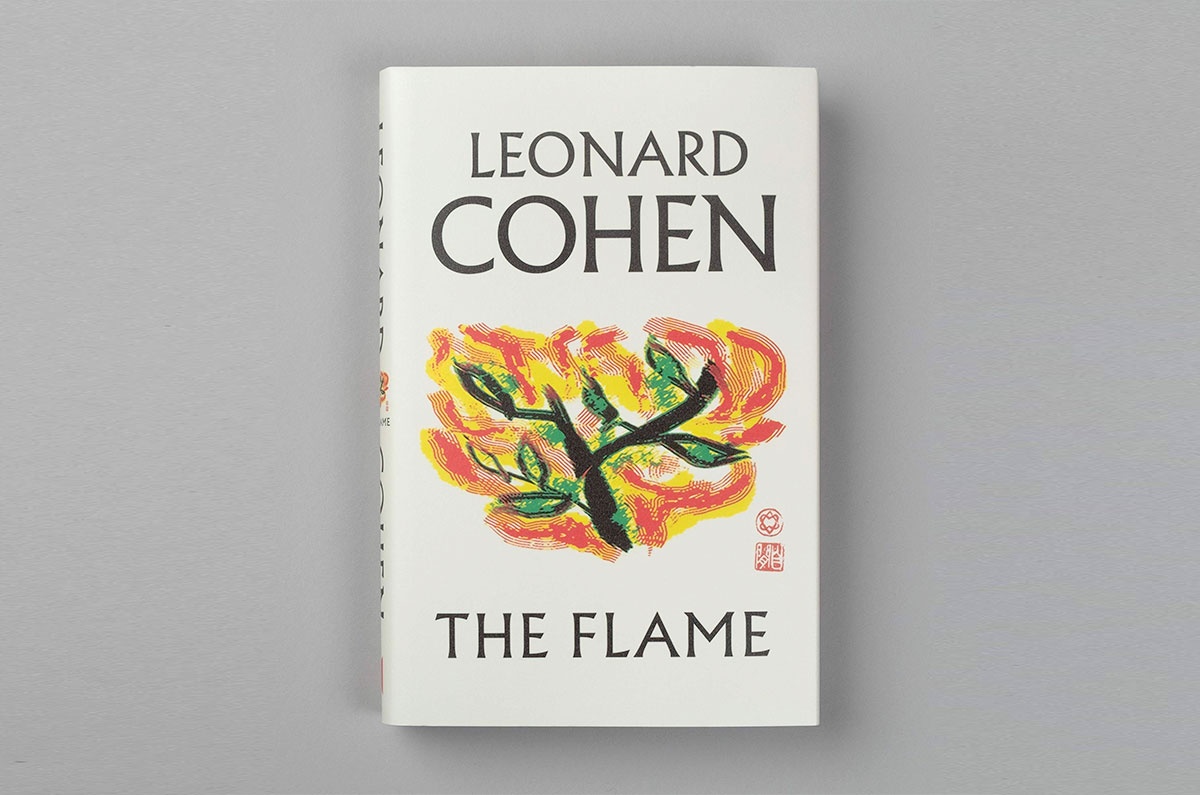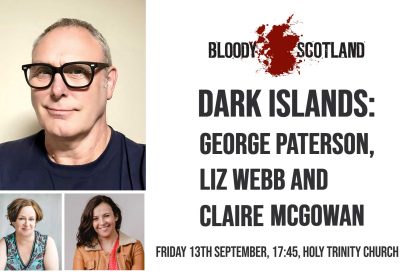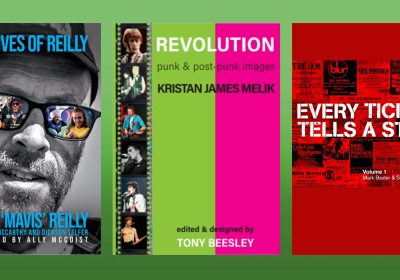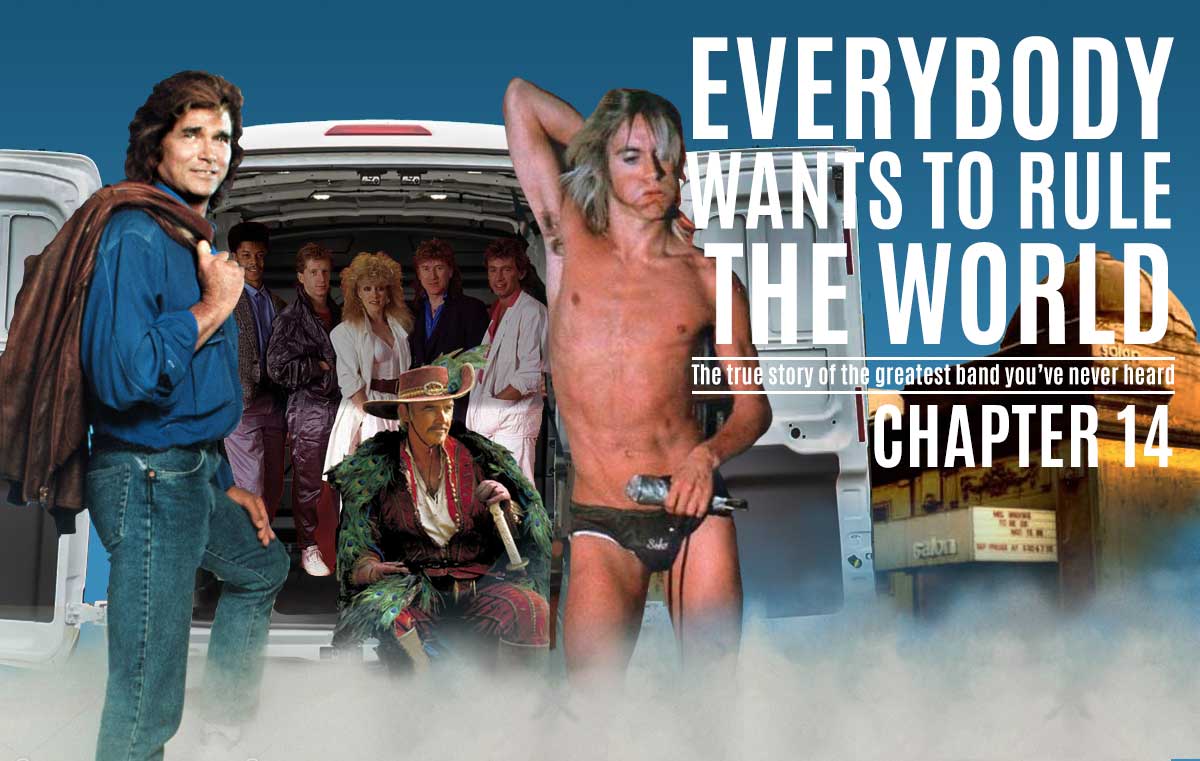Into Book Reviews: The Flame by Leonard Cohen

Book: The Flame
Author: Leonard Cohen
Publisher: Canongate
A problem with being seductive is that you are likely to be indulged. Nice problem to have! But for the serious writer – the kind who writes for God, or the Muse, or even posterity – indulgence is the opposite of what’s needed. This beautifully produced book, containing the lyrics of Leonard Cohen’s last four albums, poems new and old, notebook entries, and Cohen’s self-portraits and drawings, is both a testament to the love that this seductive singer-songwriter-poet engendered in his many admirers and an act of indulgence. No poet who hadn’t obtained celebrity status would be allowed to mix so much inferior work in with the real gems.
And there were always gems, right up to the last. The title song of You Want it Darker, released a few weeks before his death (from a fall after he’d become gravely ill with leukemia), is as good as any he wrote – and this was the writer of Bird on a Wire, Sisters of Mercy, Famous Blue Raincoat, I’m Your Man… In a medium originally intended as light entertainment, the song looks mortality squarely in the eye, joining Johnny Cash’s rendition of Hurt, David Bowie’s Blackstar and Bob Dylan’s Not Dark Yet among popular music’s memento mori. ‘And who shall I say is calling?’ Cohen had once sung, the unsung answer being ‘Death’. In these final lyrics Death needs no introduction.
Cohen’s depression was as legendary as his powers of seduction. But what seemed excessive or morbid in the younger man strikes the right note in the angry and tired old man. Like Bob Dylan, Cohen was fixin’ to die from a young age; unlike the forever shape-shifting Dylan, he became authentically the thing he had once affected to be.

Not that he was exactly young when he spurned the cashless career of poet-novelist and tried out in public the six chords taught to him by a young flamenco guitarist. (The guitarist took his own life shortly afterwards – Cohen tells the story in the moving acceptance address for the Prince of Asturias Award, reprinted at the book’s end.) Cohen was then 33, a protégé of the Canadian poet Irving Layton, with a few well-received poetry collections as well as an experimental novel already under his belt. The excuse trotted out to explain away the weak points in Dylan’s writing – that this is work for the stage, not the page – can’t be used as readily for the more bookish Cohen.
There are precious few great modern lyricists in the tower of song. ‘As far as I’m concerned, Leonard,’ Dylan once told him, ‘you’re number one, I’m number zero’ – which Cohen interpreted as meaning he was pretty good while Dylan was beyond measure. Dylan paid Cohen a rare peer tribute by playing Hallelujah in his own set – long before the song became a staple of church choirs and the X Factor. Dylan asked Cohen how long it had taken him to write that song and Cohen said a couple of years, which was a lie – it had taken him longer; Cohen then asked Dylan how long it had taken him to write the song I and I, and Dylan said (probably truthfully) fifteen minutes. This anecdote may reflect well on Dylan’s talent, but then Hallelujah is the better of the two songs. Though Cohen was a slow writer of songs, he was a daily scribbler in notebooks over decades – which suggests that this book won’t be his only posthumous collection, though it is likely to be the best.
A complaint voiced by some in the literary establishment over the award of the Nobel Prize for Literature to Dylan is that it drew focus away from more deserving contemporary poets. I doubt that it works this way – if anything, an appreciation of Dylan’s lyrics is likely to send you on the trail of other poets, from Ginsberg to Rimbaud to Eliot. Likewise, it would be churlish to resent Cohen’s wide readership when so relatively few know the work of Len Gasparini, a fellow Canadian poet who also emerged from the counter-culture of Kerouac and the Beats but whose poems are immeasurably superior. One can only hope that the trail from Cohen doesn’t go cold before it reaches Gasparini and others.
Cohen’s eventual career choice changed the rhythms of his poetry. The verse here is much more rhythmically plodding than we are used to in contemporary poetry. Though it’s his lyricism that I appreciate best in the songs, it’s the non-plodding conversational prosiness that works best in the poems, as here:
If Kenneth Koch wasn’t so funny
he’d have to carry a gun
because he steals men’s wives
and what is worse
gives them back
One of the pleasures of his previous collection, Book of Longing, is the humorously anecdotal account of his period of reclusion (as Jikan, ‘Silent One’) in a Zen monastery in California. There is some more of this in The Flame:
Roshi said:
Jikan san, there’s something I want you to know
yes, Roshi
you are the worst student I ever had
A poet, as Robert Graves said, must put down his last ha’penny – that is, he must risk all, till he has nothing left to lose. This was (almost) literally true in Cohen’s case. He had his crooked manager to thank for having lost nearly all of his money, which forced him into the recording studio and onto the world’s stages in his twilight years – a last burst of creativity that would have been lost to us if his pension had been safe. Cohen liked danger. His real master was the Spanish poet Federico Garcia Lorca – who was temperamentally very different from Cohen: prolific, mercurially lively, homosexual. But the work of both writers is rooted in mystery and the fluidity of (as Cohen says here) ‘a self that is not fixed, a self that struggles for its own existence’. That struggle is apparent in The Flame. The songs will live longer than the poems, but why choose either when you can have both?
David Cameron
davidcameronpoet.com
The Flame by Leonard Cohen is published by Canongate (£20).




Leave a Reply
You must be logged in to post a comment.